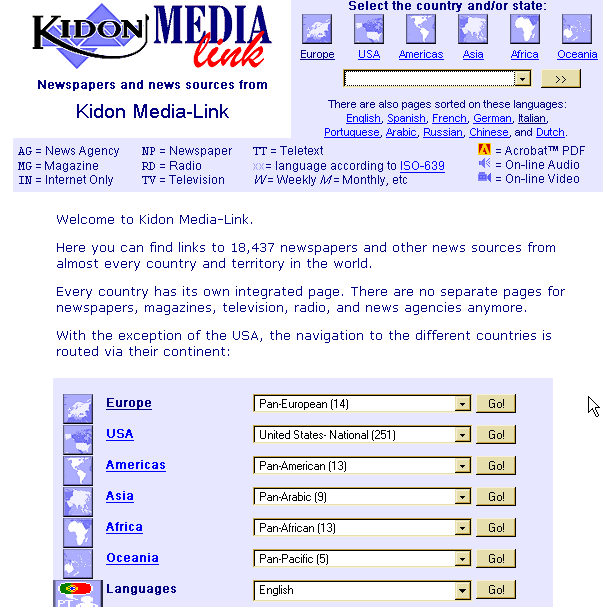Last week I was at the University of Aberystwyth running a workshop on advanced Internet search techniques and new technologies. This was a re-run of the session I did at Swansea at the beginning of the month and the Top 10 tips the Swansea participants suggested are in an earlier blog posting. This is the Top 10 from the Aberystwyth gang. There are some similarities between the two, notably serious interest in what Microsoft are doing with Live.com and in particular Academic Live, a rival to Google Scholar. There was no question about the number one in their list – Crossengine. There was unanimous agreement that this is an excellent tool for quickly running a simple search across many different types of search tools.
1. CrossEngine – http://www.crossengine.com/. Dozens of different search tools are grouped under tabs by type, for example web, video, audio, images, news, blogs, reference. Type in your search terms just once and then click on each search engine in turn to run the search. It is similar to Trovando.it but more up to date, has additional features such as file type search options for Google and Yahoo, and search options for social bookmarking and network tools such as Delicious, Furl, Squidoo, Facebook.
2. Link commands – link:, linkdomain:, linkfromdomain:
Use the link: and linkdomain: commands in Live.com to find pages that link to a known page or site. Use them to find pages that are similar to your known page, or to see who is linking to your site.
For example:
link:www.site.co.uk/library/ will only find pages that link to the specified page on a site.
linkdomain:site.co.uk will find pages that link to any page on the site.
Live.com’s linkfromdomain: will list all the external links from a web site. For example linkfromdomain:mysite.co.uk.
Useful if you want a single list of sites on an evaluated portal or directory, or if you are spring-cleaning your web site and want to see what you have linked to.
3. Allwhois – http://allwhois.com/. Use this to find out who owns the domain name of a web site – an essential part of assessing the quality of information.
4. Wean yourself off Google. Look at alternative search tools and identify their strengths.
5. Live.com and Academic LIve
Live.com – http://www.live.com/. Formerly MSN search and totally revamped by Microsoft and a serious alternative to Google.
Academic Live – http://academic.live.com/. Different coverage to Google Scholar, has a source list (Google Scholar does not) and format options for bibliographic management packages such as RefWorks and EndNote. No author search though.
6. The Wayback Machine (Internet Archive) http://www.archive.org
The Wayback machine periodical takes a snapshot of the web enabling you to see how a site has evolved over the years. Invaluable for tracking down “lost” pages, documents and even web sites.
7. Google results number heads the fiction best seller list!
The number of ‘hits’ that appears at the top of your Google results rarely reflects the real number of documents it has found. It tells you it has found 6,542 but only displays 103. Ignore it.
8. Use the domain or site search for sites that have appalling navigation or dreadful site search engines, for example the European Parliament web site. One participant tried the technique on Hansard and said she had better and quicker results than using Hansard’s own search. The site: command can also be used to limit your search to a type of site, for example site:gov.uk for just UK government web sites.
9. Exalead.com http://www.exalead.com/ for its phonetic search, approximate spelling search and wild cards. Especially useful when searching on medical terminology that has alternative spellings or may have been mistyped.
10. Change the order of your terms in your strategy.
For example:
chocolate production UK Switzerland Belgium
production UK Belgium chocolate Switzerland
give different results. The search engines rank those pages that contain your terms close to one another in the order specified near the top of the list. Change the order and you often see a significant difference in the pages at the top.
